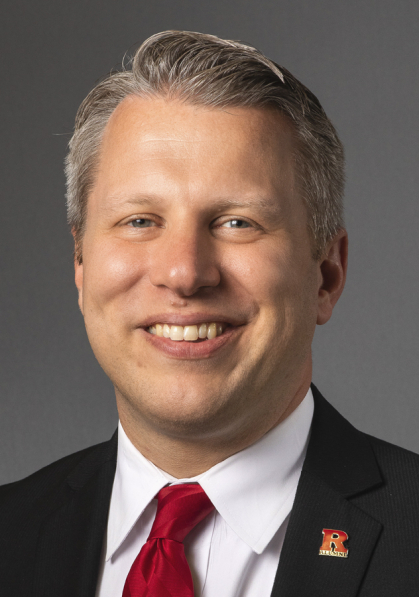Dear Rutgers Alumni

In times of fear and uncertainty, it is easy to forget what previous generations have been through. We may think of decades gone by as calm, orderly chapters in the story of our shared experience. But when we flip the pages backward, this turns out to be an illusion, one we’re better off without.
Like much of our nation, Rutgers went through a period of unrest some 50 years ago, as the Vietnam War sent many overseas and sparked protest and the battle for civil rights and social justice heightened. Many of you saw firsthand how those national and global conflicts played out on Rutgers’ campuses. Even so, some may have little knowledge of that time. To raise awareness of it—and, in some small way, foster insight into our present age—the team at Rutgers Magazine has collected thoughts and impressions from alumni from the Classes of 1969, 1970, and 1971 who lived through it.
The next few pages explore vivid memories and powerful emotions. You might identify with those who carried signs and occupied buildings. You may have served in the armed forces. Or maybe you recall what it was like to be on the periphery of change. Regardless, one thing is clear: this period was crucial in shaping the Rutgers we know today—an institution that values diversity, equity, and inclusion, that honors and supports veterans, that is committed to free expression, and that emulates the beloved community President Holloway holds up as a model.
Which brings up another good reason to look backward with clarity: the protests at Rutgers a half-century ago may have been disruptive, but they were also on the right side of history. Yes, the Apollo 11 moon landing was an amazing achievement, but so was closing down campus buildings in the name of racial justice. We must learn to see such actions for what they are—a natural response to adversity, a drive to make the world better.
So, no matter what your relationship is or was to the restive Rutgers of the late 1960s and early 1970s, I hope you’ll keep doing what Rutgers alumni do best—use formative scenes from your past to write your story’s newest, most hopeful chapter.
Scarlet Forever,
Josh Harraman
Vice President for Alumni Engagement, Annual Giving, and Advancement Communications